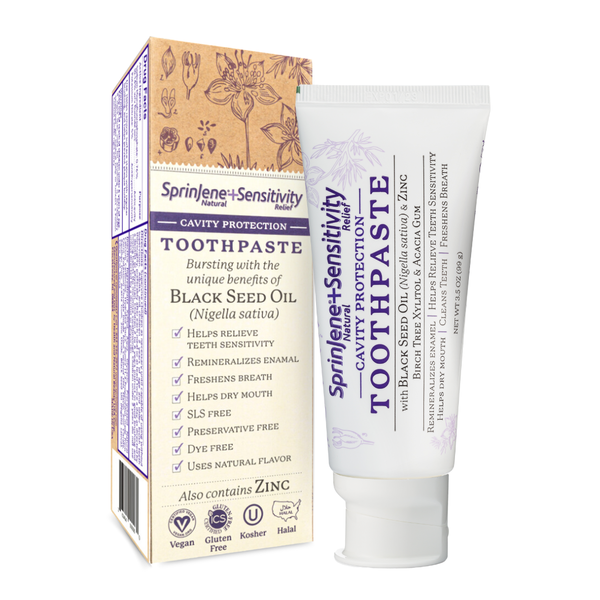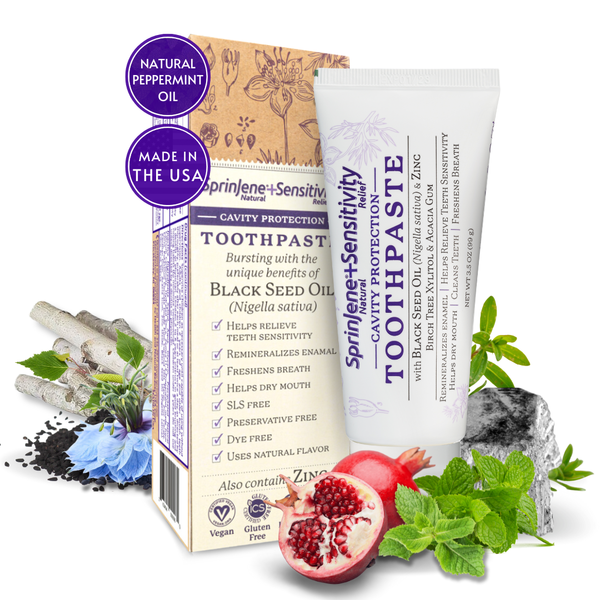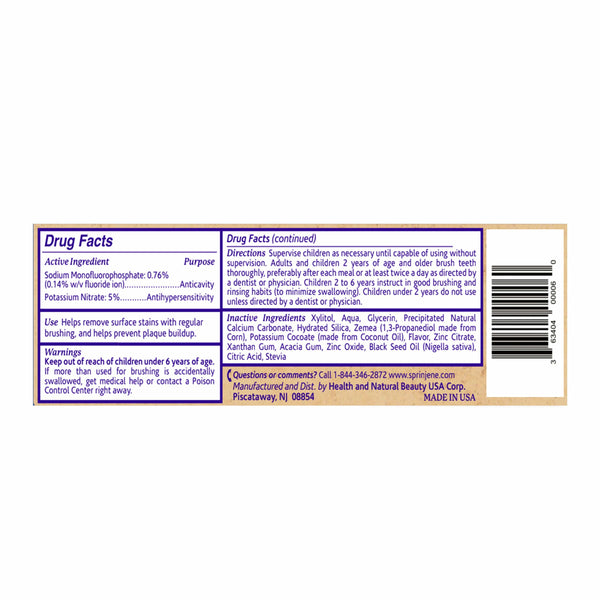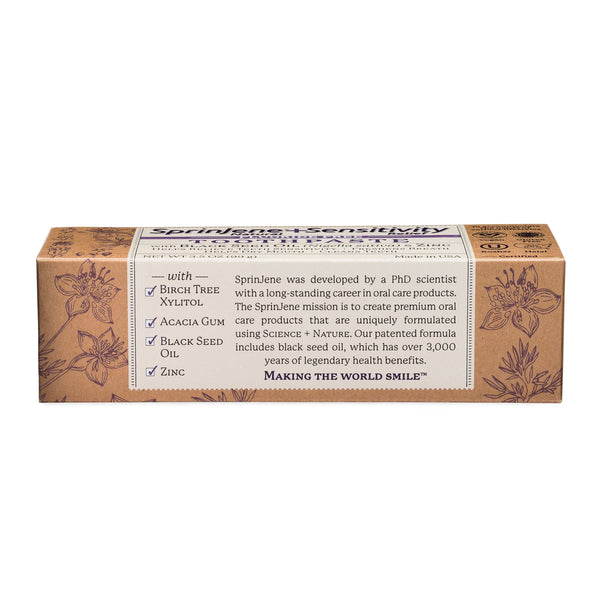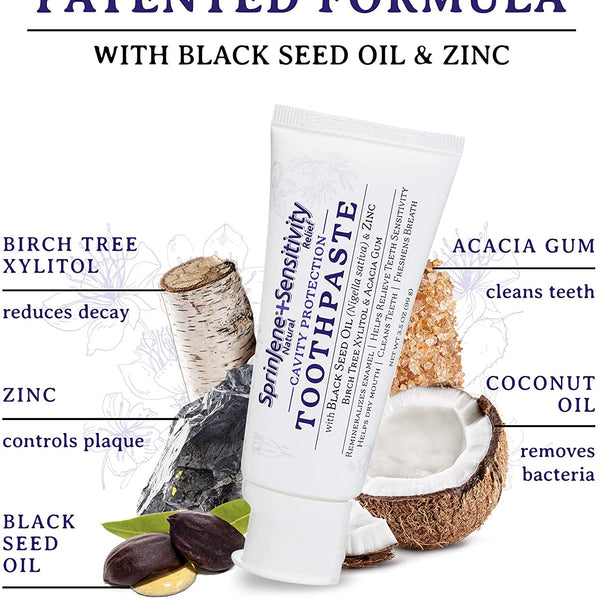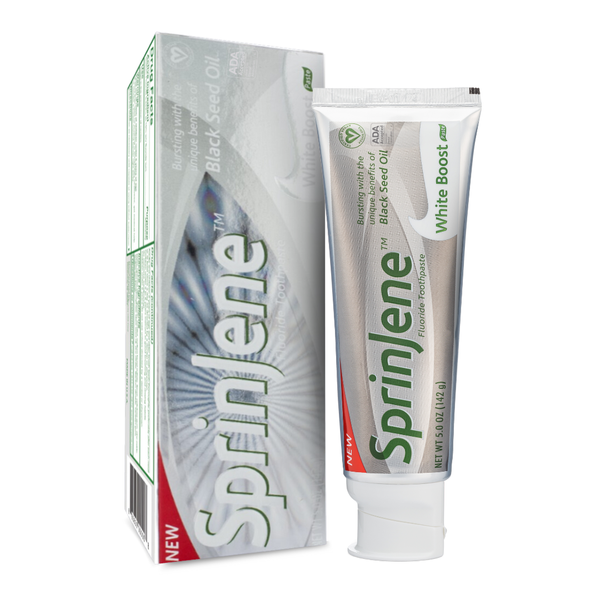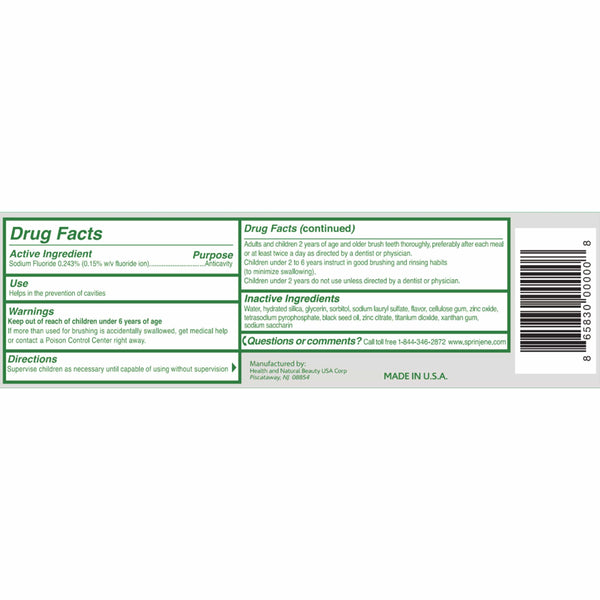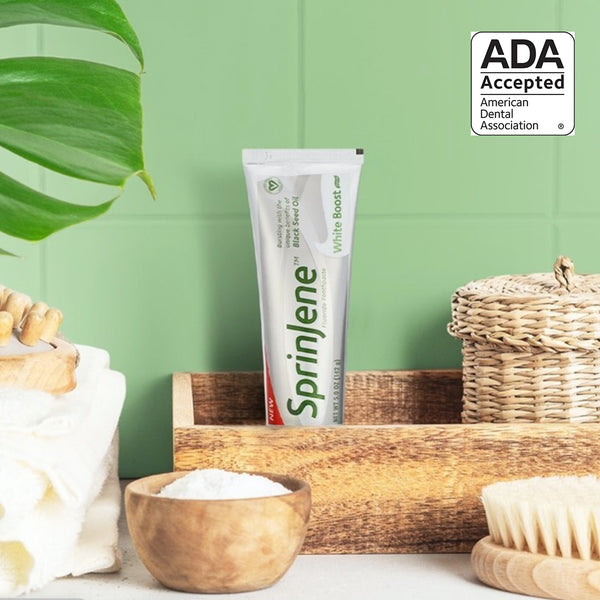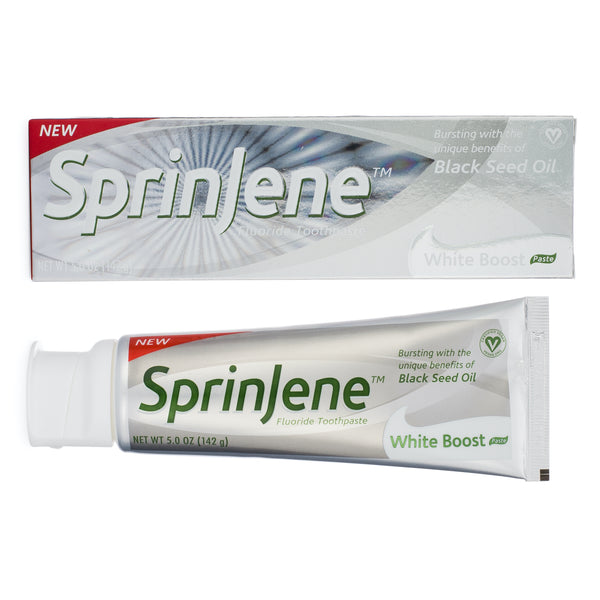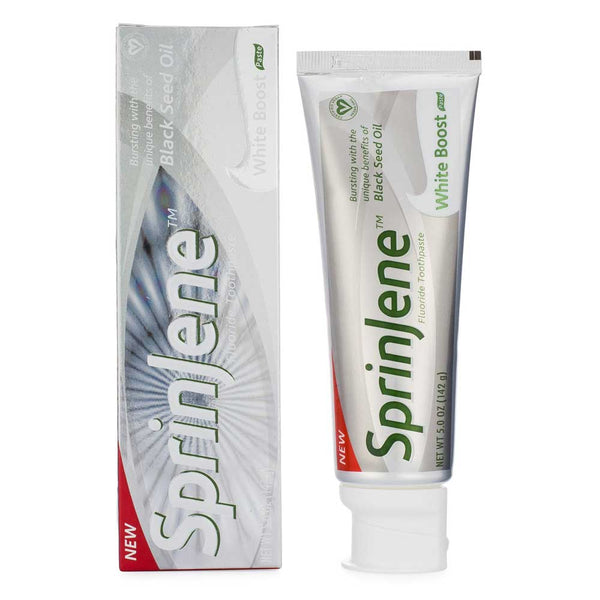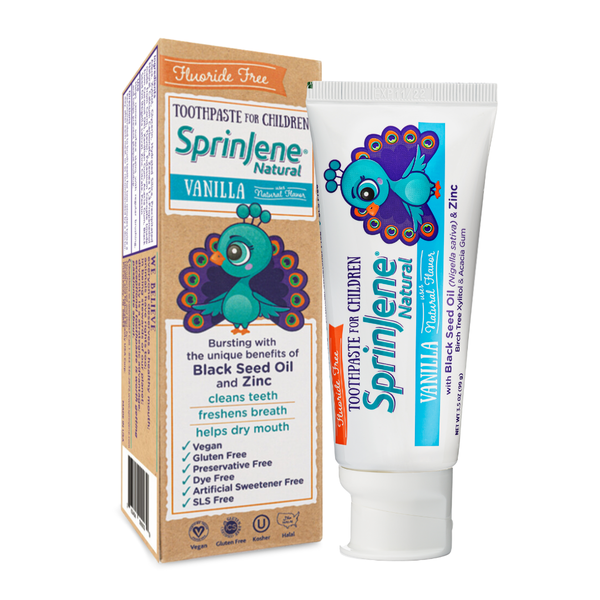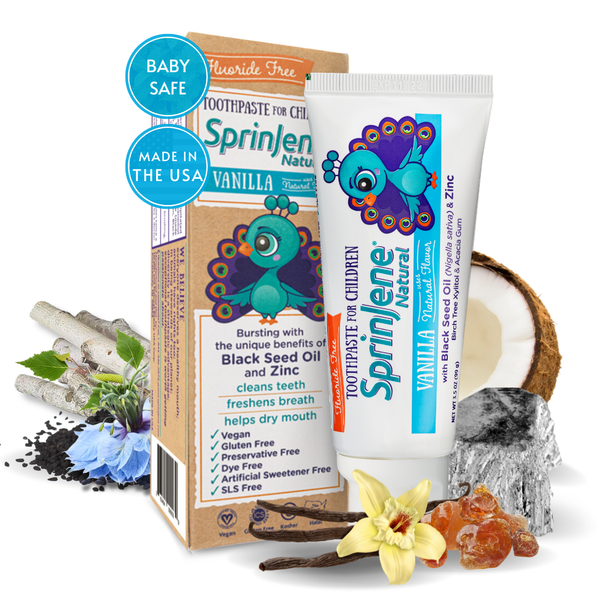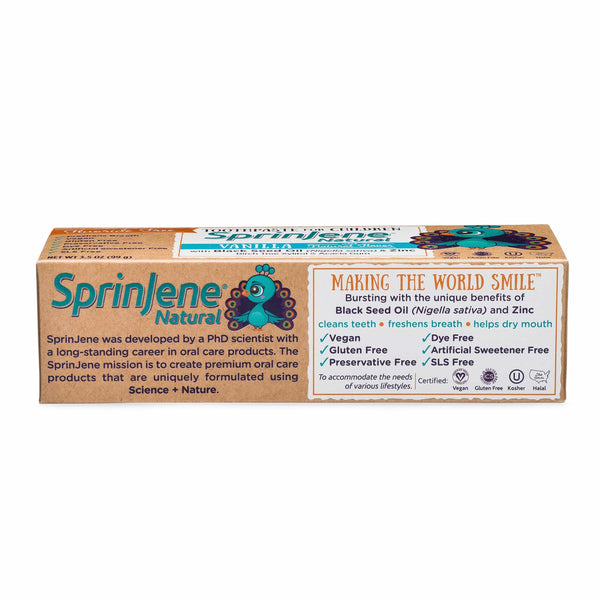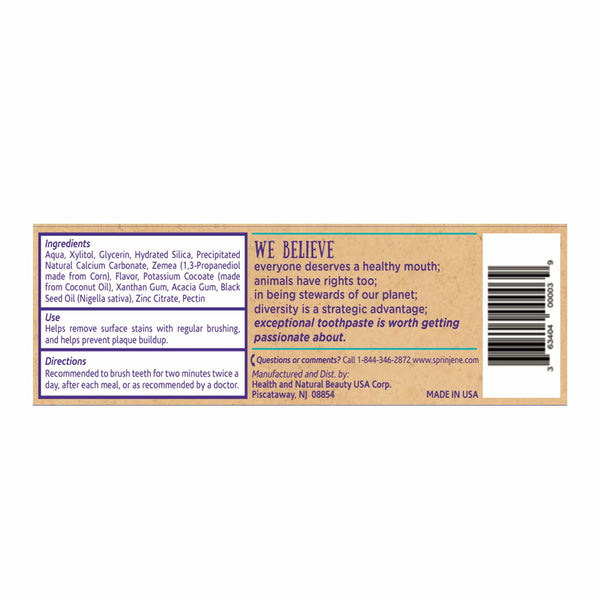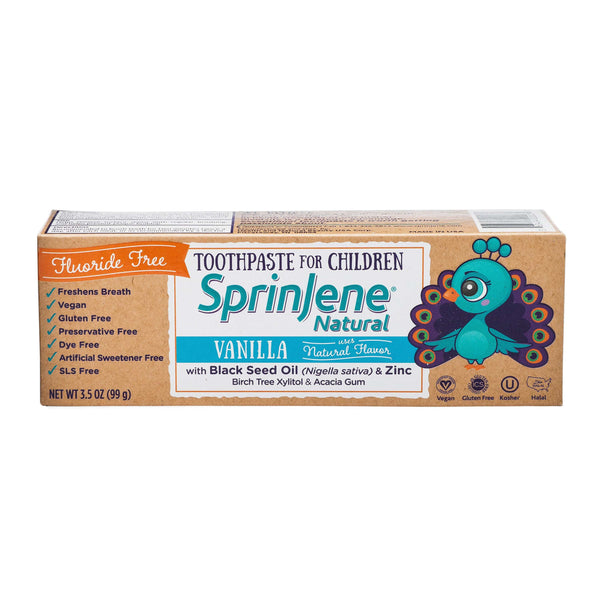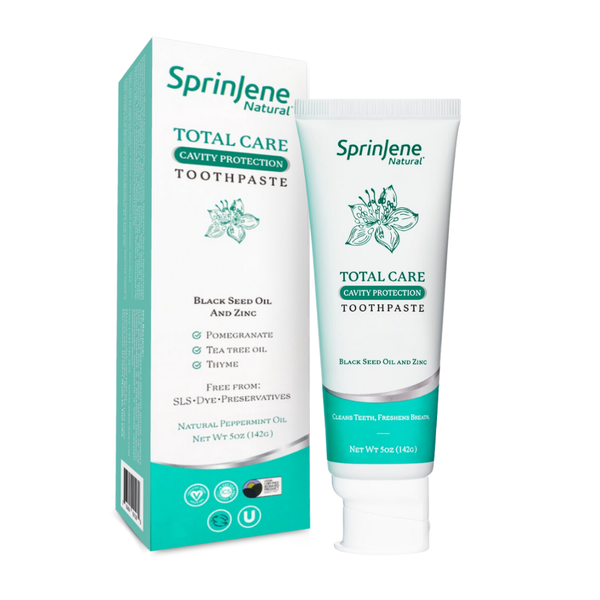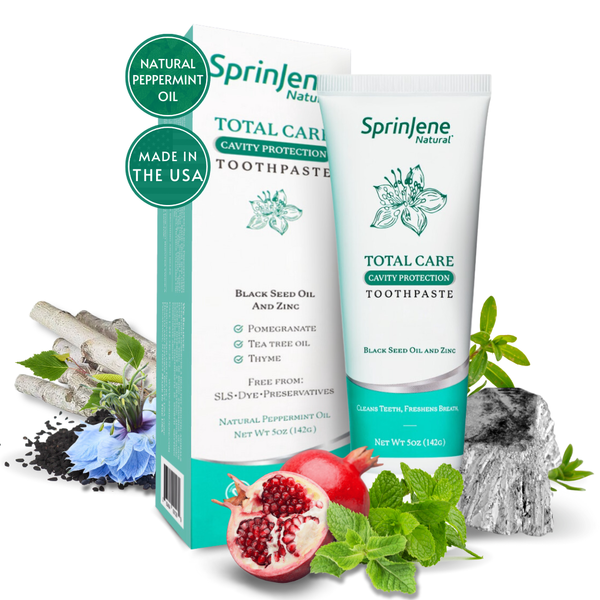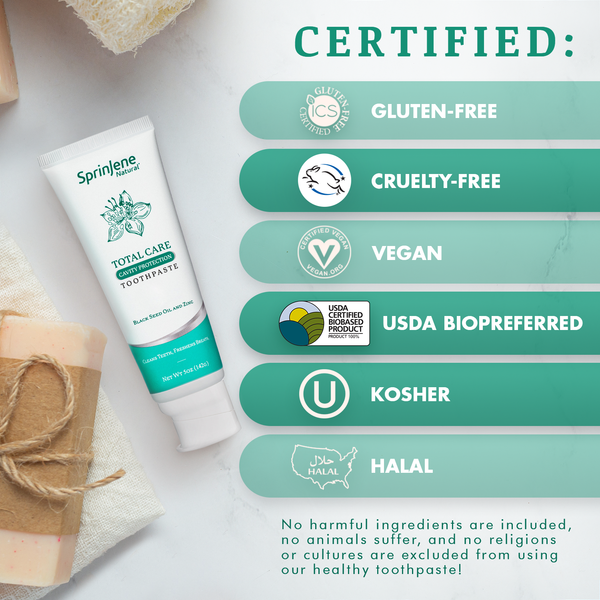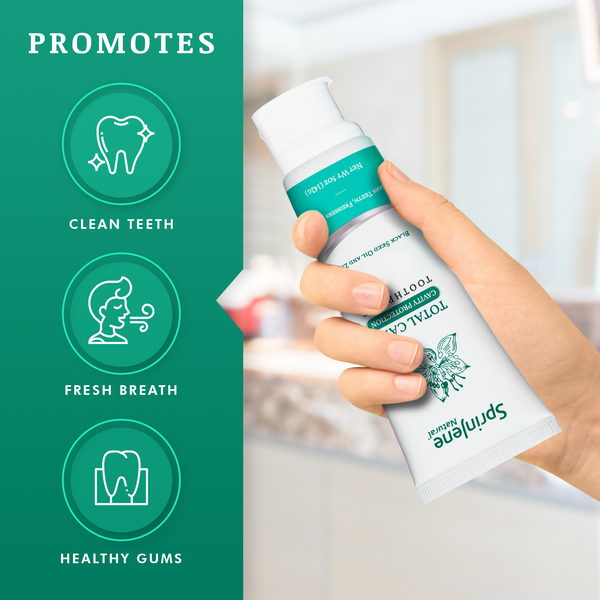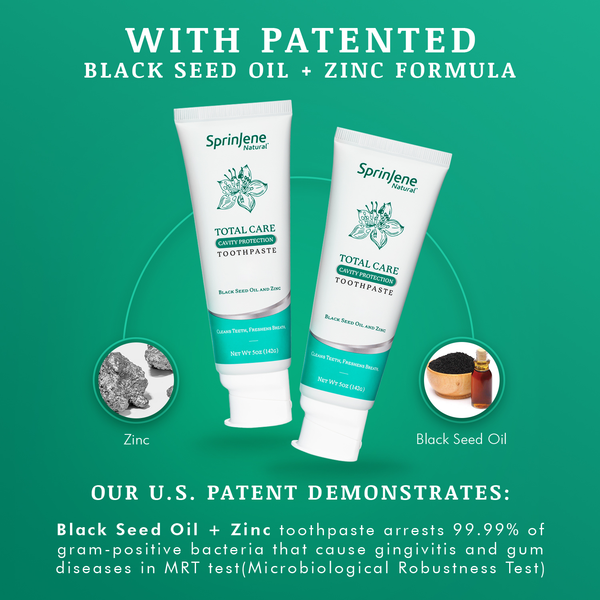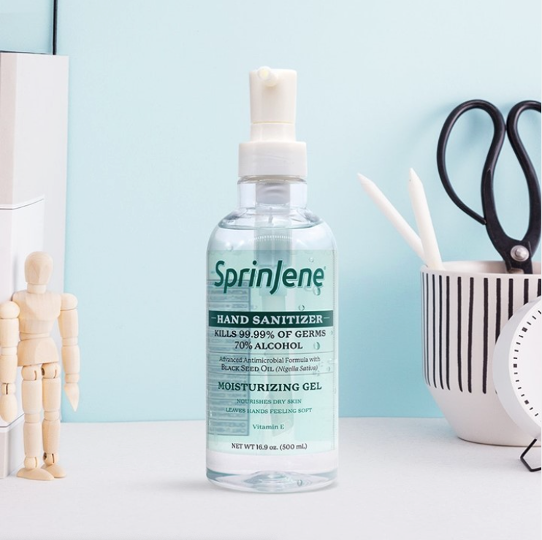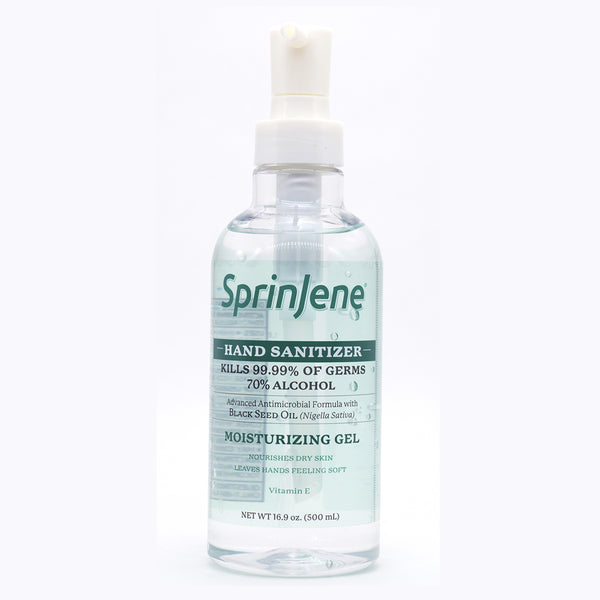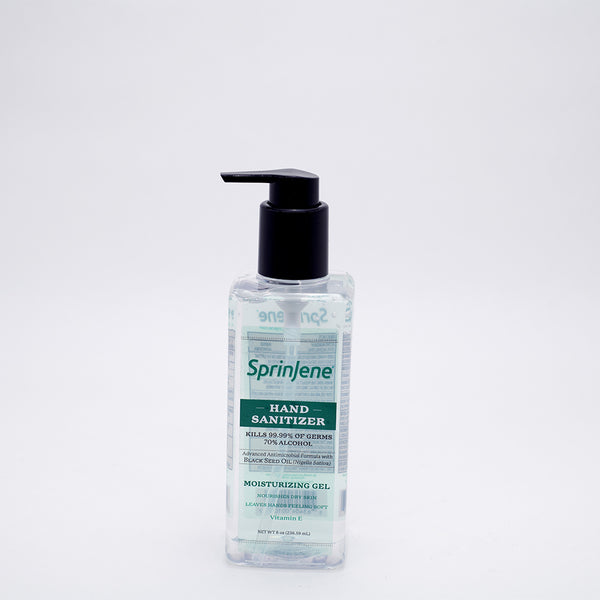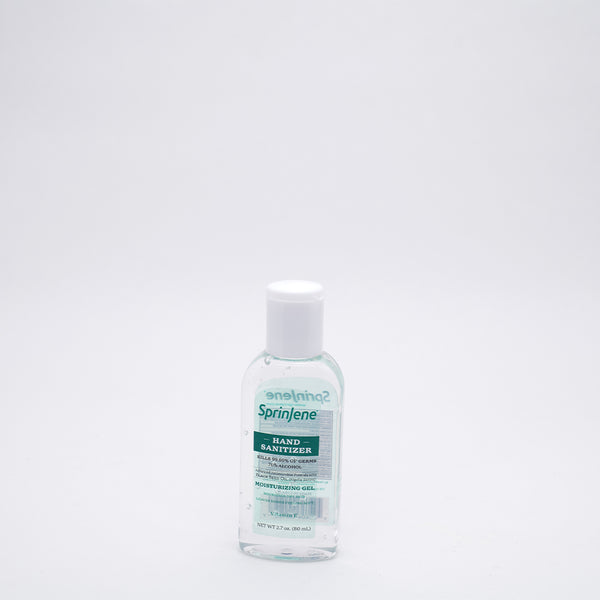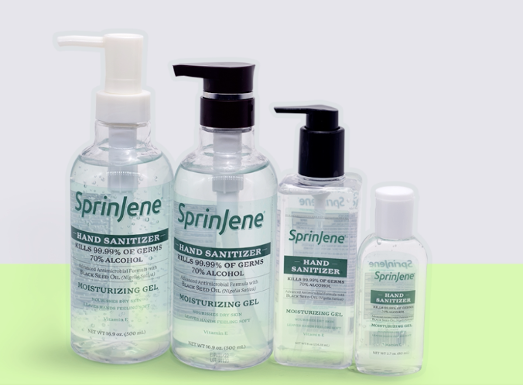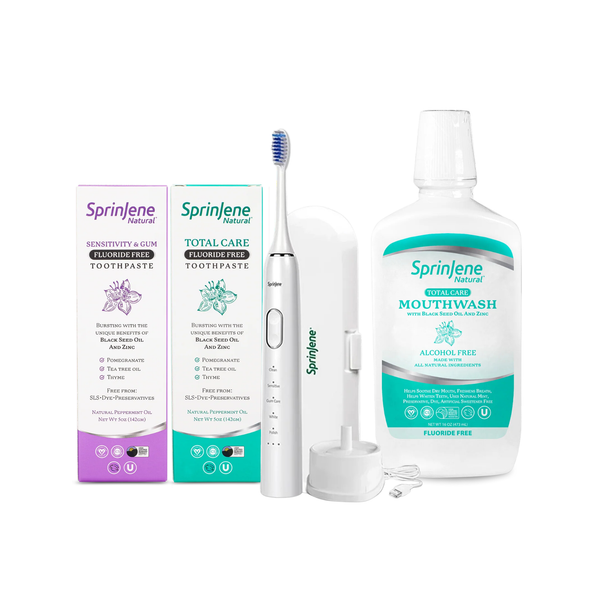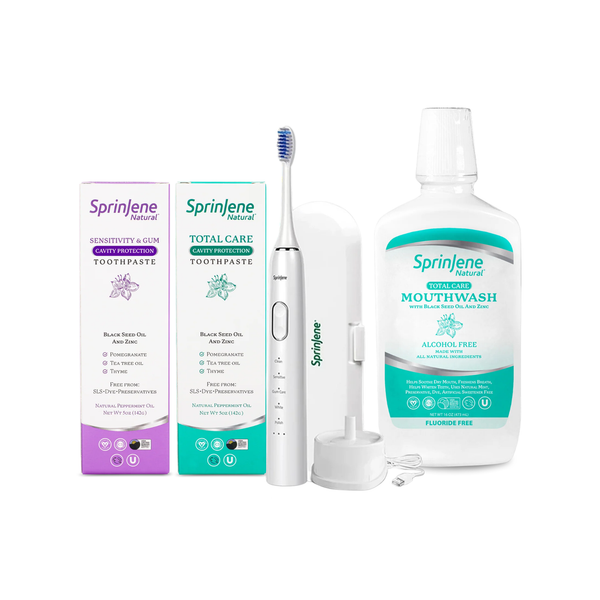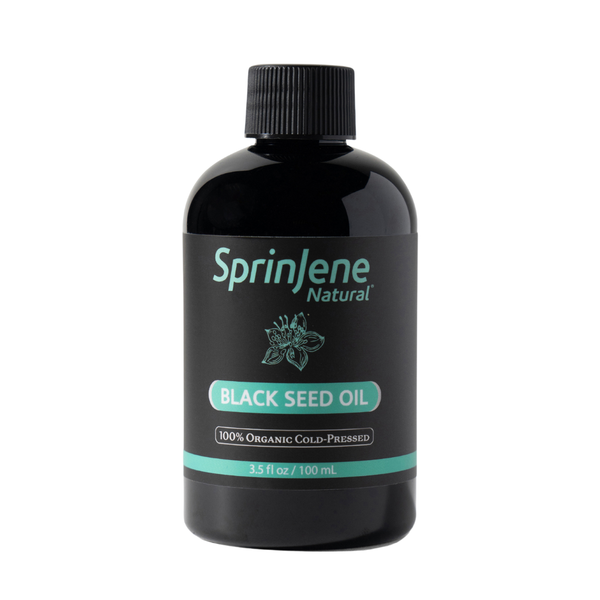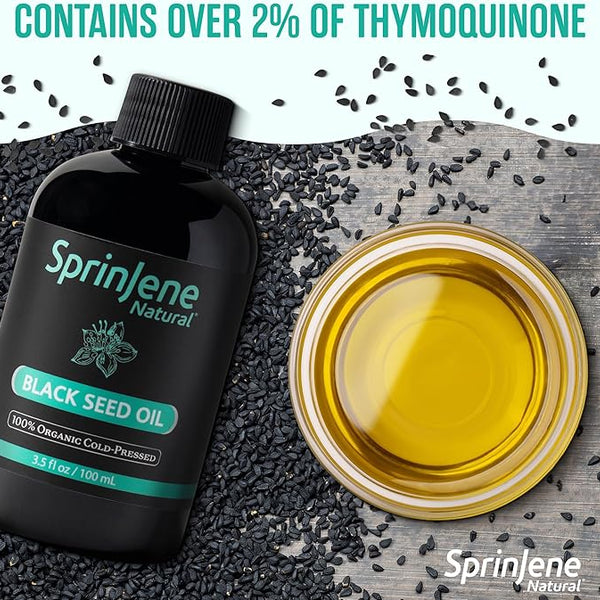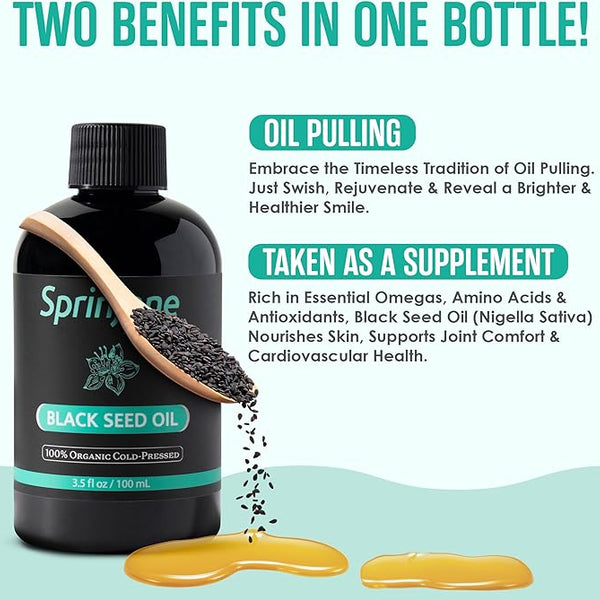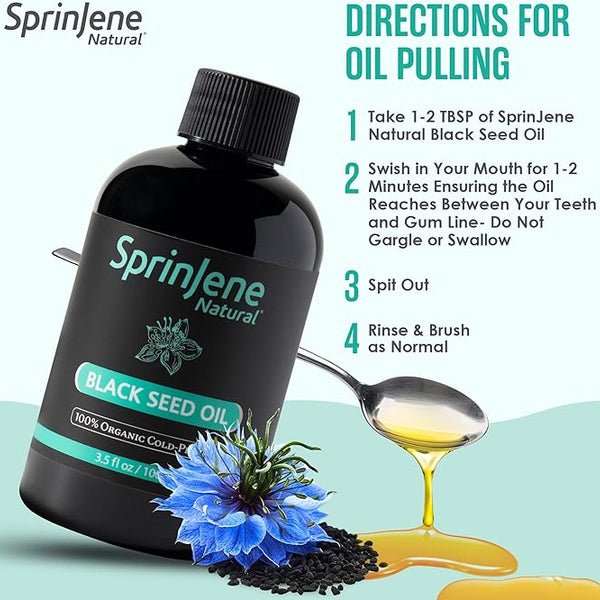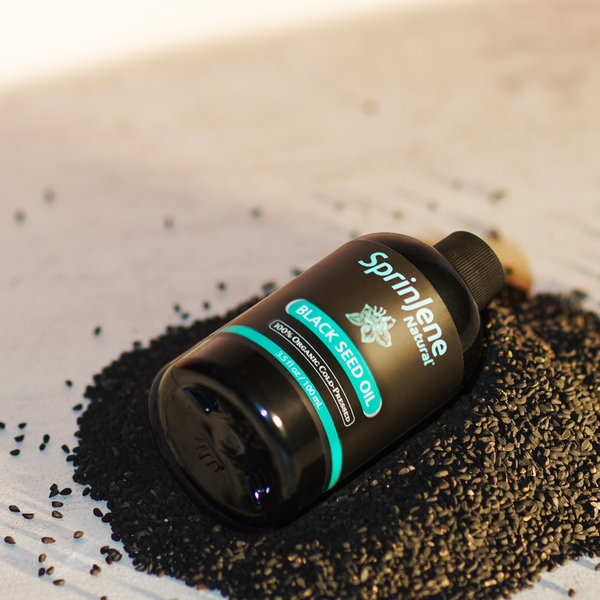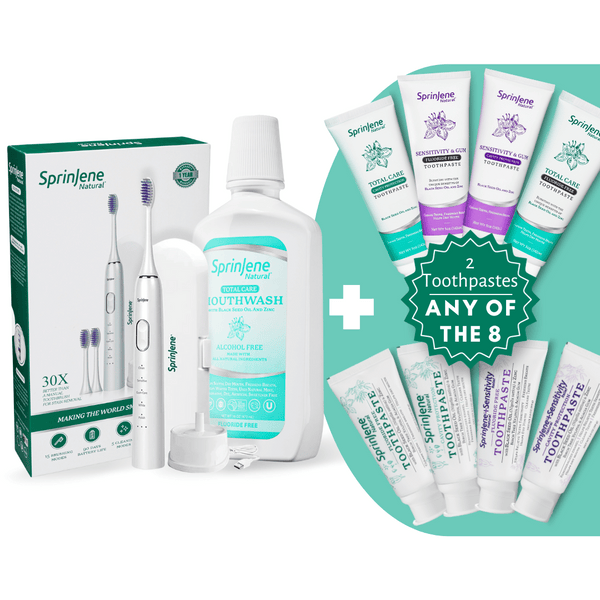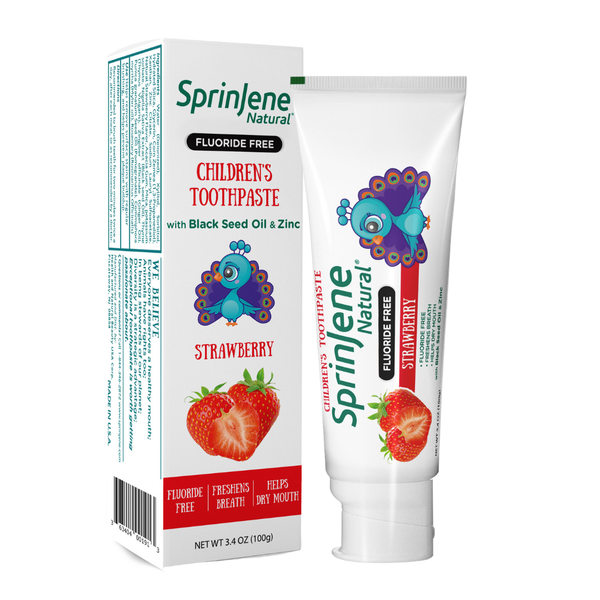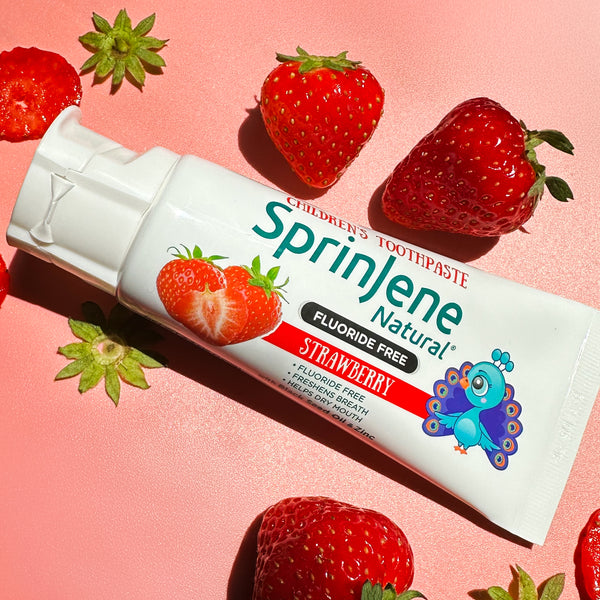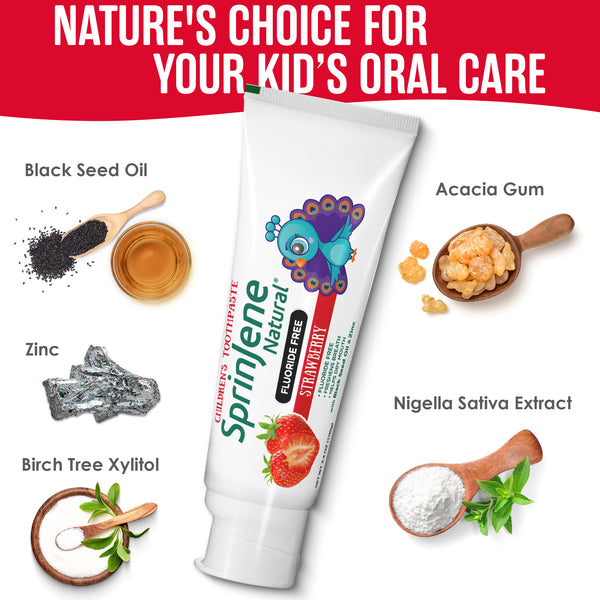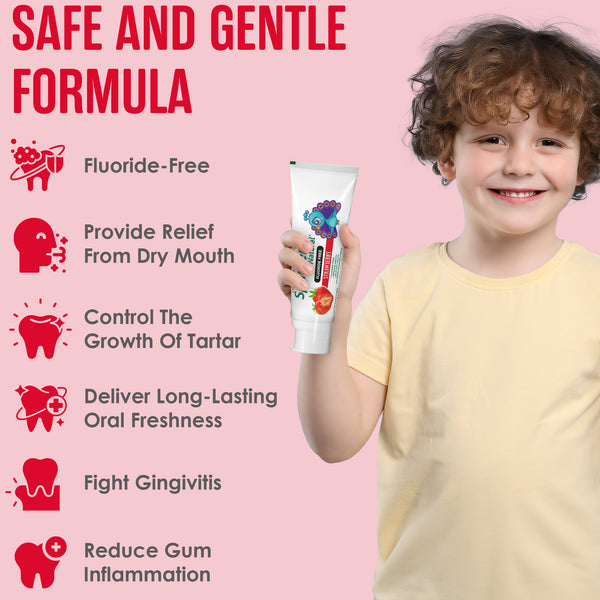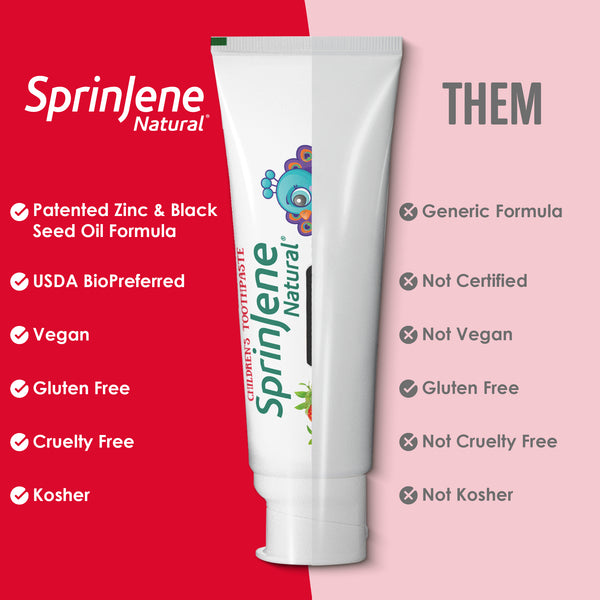
Do your teeth hurt after having an ice-cream, drinking hot beverages, or eating sweet and sour foods? If yes, it may be an indication that you have “sensitive teeth” and it’s time to consult your dentist. Tooth sensitivity, or dentine hypersensitivity, can possibly occur when your tooth enamel wears away or decays, and the dentine becomes exposed.
Enamel, the outermost layer of your teeth, is also the hardest layer which is essentially dead and has no nerve endings. This means it cannot feel any pain. According to the American Dental Association (ADA), enamel is supposed to help shield the sensitive insides of your teeth from things that can cause sensitivity. In a similar way, a substance called cementum protects your teeth’s roots, which contain the pulpy center that holds blood vessels and nerves.
Causes
According to the Cleveland Clinic, some factors that contribute to sensitive teeth may include:
- Abrasion: Aggressive tooth brushing or using a hard-bristled toothbrush can wear down enamel, causing dentin to become exposed, or encourage gum recession.
- Gum or Gingival recession: resulting from abrasion or periodontal disease is considered the primary etiological factor for exposed dentin. Once Dentine hypersensitivity occurs, it gets stimulated on exposure to any external stimulus and causes discomfort to the patient.
- Gingivitis. Inflamed and sore gum tissue can result in exposure of the tooth's root.
- Cracked teeth. These can become filled with bacteria from plaqueand cause inflammation in the pulp of the tooth. In more severe cases, it may lead to abscess and infection.
- Teeth grinding or clenching, causing wearing down of enamel.
- Plaque buildup that has been neglected.
- Long-term use of mouthwash. Some over-the-counter mouthwashes contain acids. In cases where dentin is exposed, the acids can make existing tooth sensitivity worse and also further damage the dentin layer.
- Acidic foods. These can encourage enamel erosion.
- Dental procedures. Certain dental procedures make teeth more sensitive such as professional cleaning, root planning, teeth whitening and crown replacement. This usually settles on its own after a few days.
How Do Desensitizing Toothpastes Work?
Desensitizing toothpastes contain some active agents, such as potassium nitrate, fluorides, and Sodium monofluorophosphates. Potassium nitrate and sodium fluoride are widely used to treat tooth sensitivity. Potassium nitrate decreases the fluid flow through the tubules by clogging them, decreases the level of activity of dental sensory nerves and prevents or reduces the sensation signals from reaching the brain
Fluorides, on the other hand, strengthen tooth enamel. With the help of fluorides, the tooth enamel can regain the minerals which it has lost during the decay process. Sodium fluoride, when applied to the exposed dentine, forms an effective barrier and results in desensitization of dentine.
Desensitizing Natural Toothpaste
One highly recommended and natural tooth paste to treat sensitivity is SprinJene Natural Sensitivity Relief Fluoride Toothpaste with Cavity protection. It features a patented formula with zinc and black seed oil, along with “good for you” ingredients like coconut oil, birch tree xylitol, and acacia gum.
The active ingredients which help in sensitivity relief are Potassium Nitrate, Sodium Monoflurophosphates and fluoride. This patented, fluoride-free toothpaste for sensitive teeth can help to:
- Provide relief from dry mouth.
- Fight gingivitis (gum disease).
- Reduce gum inflammation.
Free From:
- Ideal for people who tend to have an issue with too much fluoride. However, not everyone is allergic or sensitive to that small amount of fluoride in toothpaste.
- SLS (sodium lauryl sulfate).SLS is a chemical surfactant irritant to some people and can cause mucosal ulcerations.
- Artificial preservatives and dyes.Unnatural chemicals used to make products last longer and look a certain color have been linked to multiple health issues, especially in children.
REFERENCES
- Bissada NF. Symptomatology and clinical features of hypersensitive teeth. Archs Oral Biol. 1994;39(Suppl):31S–32S. [PubMed] [Google Scholar]
- Vieira APGF, Hancock R, Dumitriu M, Limeback H, Grynpas MD. Fluoride’s effect on human dentin ultrasound velocity (elastic modulus) and tubule size. Eur J Oral Sci. 2006;114:83–88. [PubMed] [Google Scholar]
- Jälevik B, Klingberg GA. Dental treatment, dental fear, and behavior management problems in children with severe enamel hypomineralization of their first permanent molars. Int J Pediatr Dent. 2002;12:24–32. [PubMed] [Google Scholar]
- Rodd HD, Boissonade FM, Day PF. Pulpal status of hypomineralized permanent molars. Pediatr Dent. 2007;29:514–520. [PubMed] [Google Scholar]




